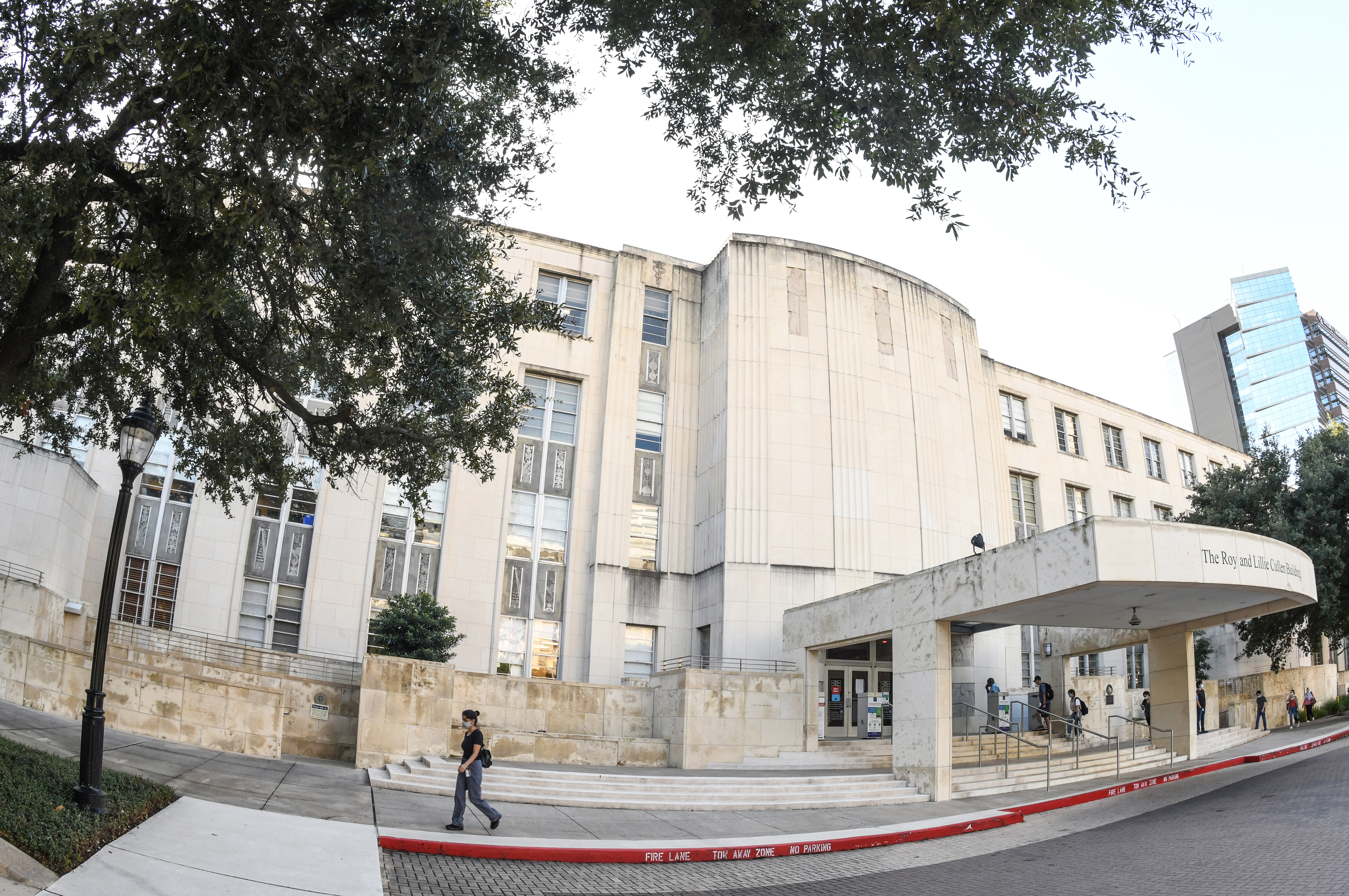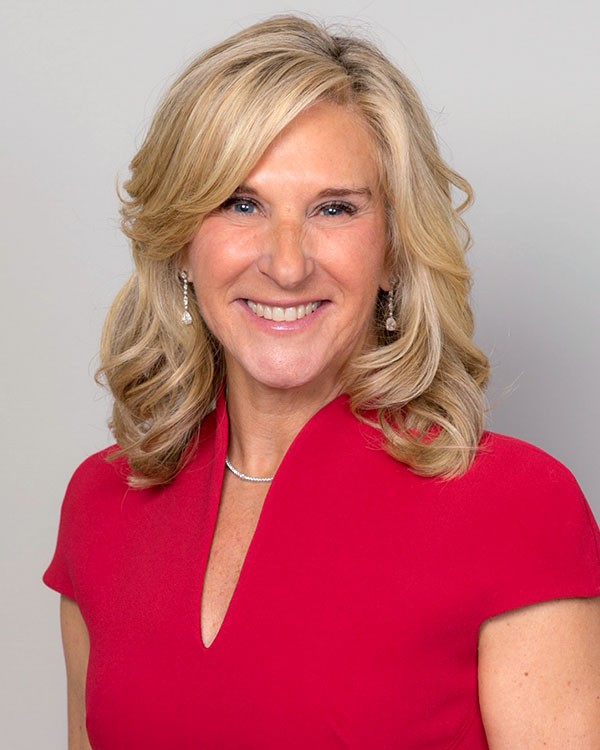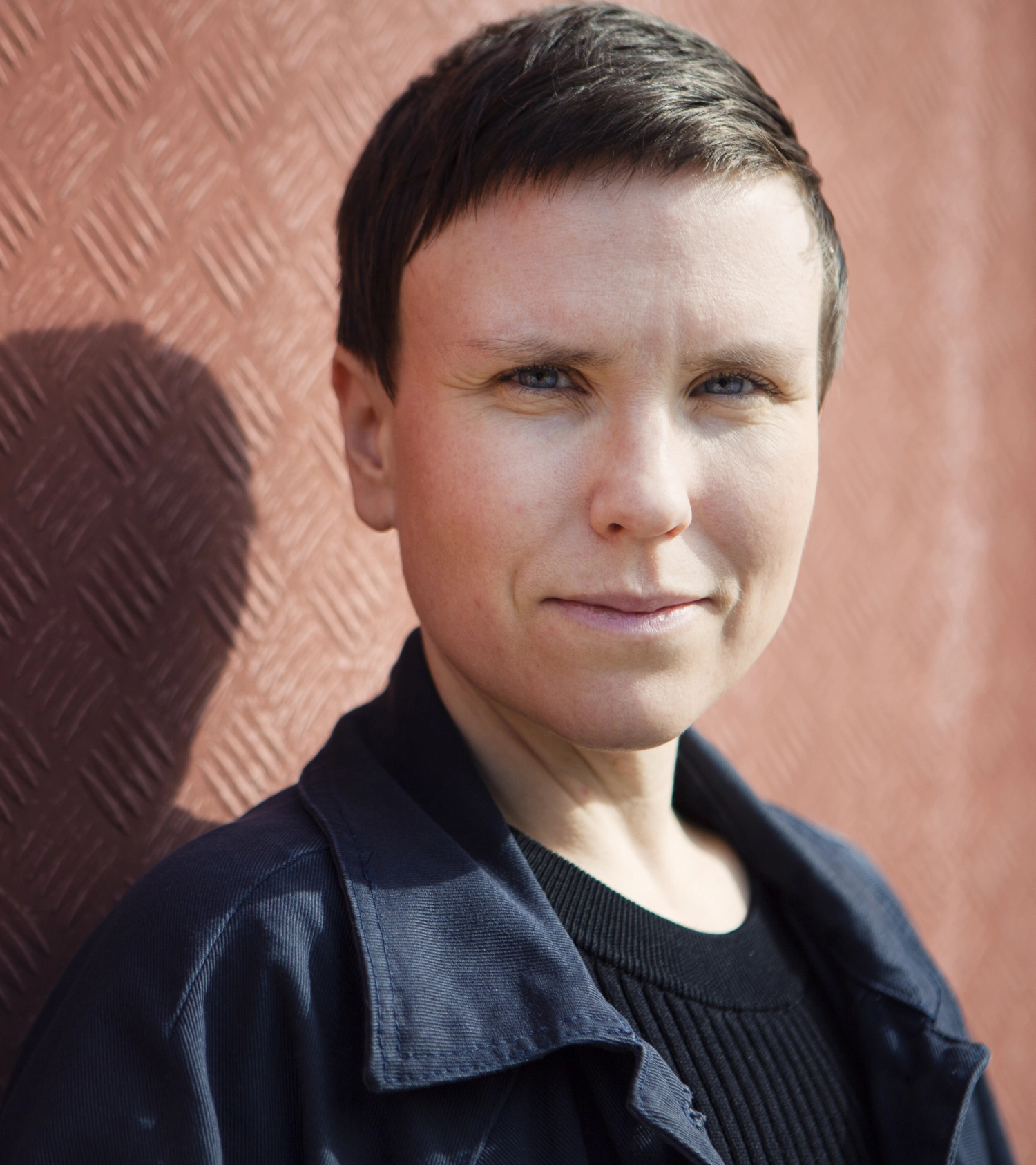
The Australian Psychological Society (APS) welcomed the NSW Government’s Budget commitment to employ psychologists in all NSW secondary schools, and called for other states to follow suit.
The 2019-2020 NSW Education Budget has allocated $88.4 million to hire a full time psychologist and social worker in every NSW government high school, including rural, remote and regional schools.
APS President Ros Knight said a raft of mental health issues are common in children and young people, and qualified psychologists are urgently needed in all Australian schools to address the crisis.
The APS in its submission to the Productivity Commission Inquiry into Mental Health has urged the Federal Government to develop a national benchmark for school-based psychologist to student ratios.
The APS recommends a ratio of one psychologist to 500 students, in line with the 2010 recommendation of the NSW Coroner in response to a student suicide at school.
Ms Knight said: “Psychologists employed in schools are able to work at a whole-of-school level on programs to prevent mental health disorders. They’re also able to identify children at risk of mental health issues and intervene early to prevent serious problems developing.
“Psychologists are also trained to assess children for learning difficulties or intellectual disability, and work with teachers and families to support children with behavioural issues.
“Additionally, psychologists can support teachers and principals, particularly during challenging times. They really do benefit the whole school community.
Ms Knight said almost 1 in 7 children and young people (aged 4 – 17 years) are affected by mental health issues. “Fifty per cent of lifelong mental health issues start before the age of 14 years, so school is the appropriate setting to catch early signs and provide early intervention.”
The 2015 Report on the Second Australian Child and Adolescent Survey of Mental Health and Wellbeing shows students with mental disorders have poorer NAPLAN results, more absences from school and don’t feel as connected to school or engaged with school work. Key findings include:
- Students with a mental disorder in Year 3 were 7 to 11 months behind students with no mental disorder, but by Year 9 they were on average 1.5 – 2.8 years behind.
- By Year 9, students with ADHD or conduct disorder were up to 5 years behind.
- In Years 7-12 students with a mental disorder missed an average 23.8 days per year compared with 11 days per year for students without a mental disorder.
Ms Knight said these findings highlight the importance of a well-resourced and highly trained psychology workforce in schools to provide prevention, early intervention and support for students at risk of mental health problems, poor academic achievement, disengagement from school and poor adjustment into the adult workforce.
“Evidence shows the link between mental health and student outcomes. More psychologists in schools will mean children who need extra help will get it, and won’t be left behind.”






